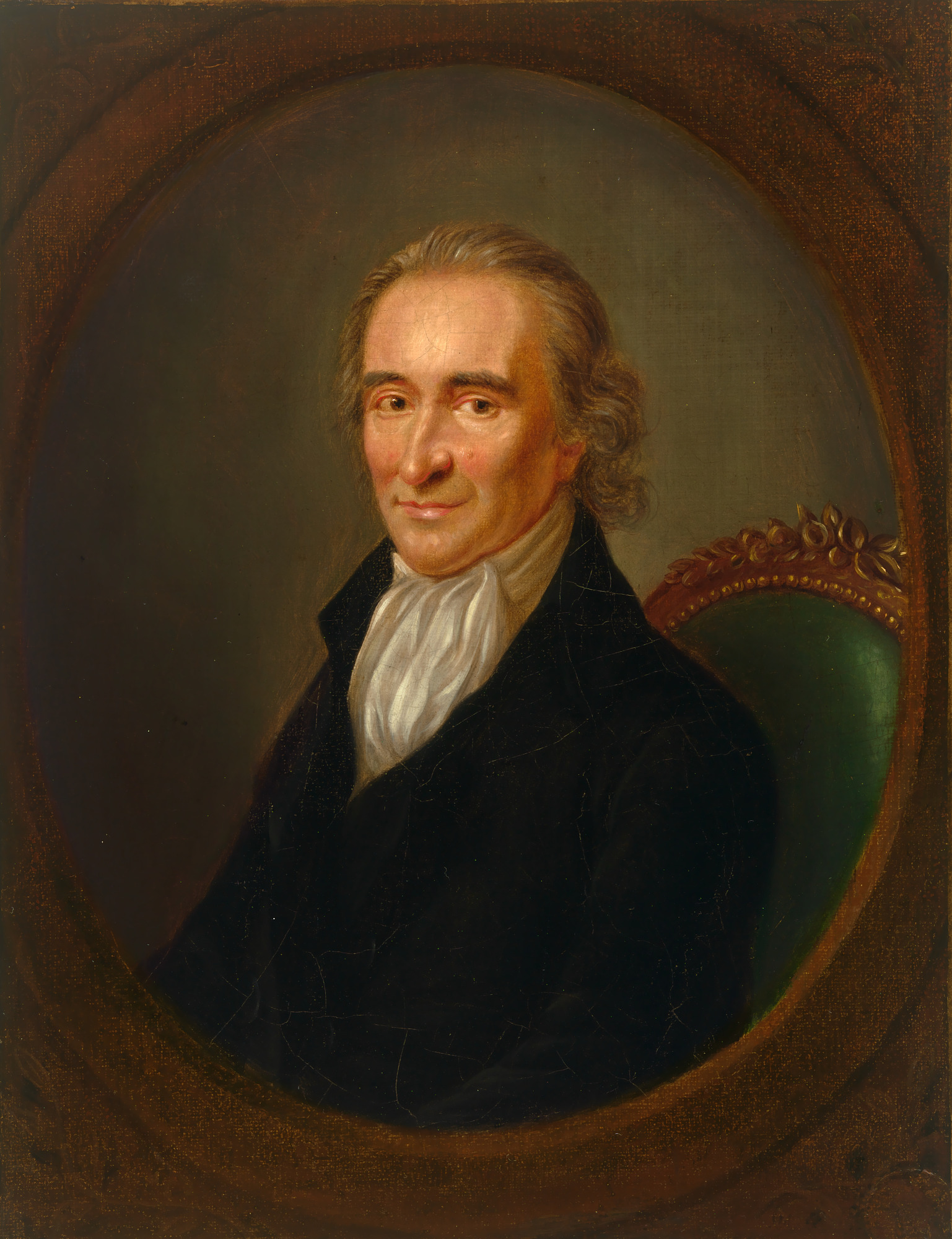by BRUCE LEVINE

Beyond Common Sense, most Americans know little about Thomas Paine (1737-1809). Few know that at the end of Paine’s life, he had become a pariah in U.S. society, and for many years after his death, he was either ignored or excoriated—the price he paid for The Age of Reason and its disparagement of religious institutions, especially Christianity.
Early in The Age of Reason, Paine attacks the hypocrisy of religious professionals: “When a man has so far corrupted and prostituted the chastity of his mind, as to subscribe his professional belief to things he does not believe, he has prepared himself for the commission of every other crime. He takes up the trade of a priest for the sake of gain, and in order to qualify himself for that trade, he begins with a perjury.”
If alive today, Paine may well have been even rougher on psychiatrists. Paine revered science, and he would have been enraged by professionals who pretend to embrace science by using its jargon but in fact make pseudoscientific proclamations that purposely deceive suffering people. “To subscribe his professional belief to things he does not believe” is exactly what many modern psychiatrists are routinely guilty of—this by their own recent admissions. Before detailing this “perjury,” a little bit about Paine and his compulsion to confront all illegitimate authorities.
Beginning in 1776, both Common Sense and then The American Crisis made Thomas Paine a hero for insurgent American colonials. Following the successful American revolt against British rule, the globetrotting revolutionary Paine returned to England where his Rights of Man enraged William Pitt. Narrowly escaping arrest by Pitt’s goons, Paine fled to revolutionary France, where Paine then narrowly survived the disloyalty of his “friend” George Washington—a betrayal that kept Paine (a victim of the Jacobins-Girondins gang war) rotting in Luxembourg Prison. Only with great luck would Paine avoid Robespierre’s guillotine so as to return to the United States.
Bertrand Russell (the English philosopher, mathematician, historian, and social critic) observed that Paine “incurred the bitter hostility of three men not generally united: Pitt, Robespierre, and Washington. Of these, the first two sought his death, while the third carefully abstained from measures designed to save his life. Pitt and Washington hated him because he was a democrat; Robespierre, because he opposed the execution of the King and the Reign of Terror.”
No one could intimidate Paine into shutting up, but he could be marginalized. By the end of his life, owing to his The Age of Reason and its disparagement of Christianity, Paine was ostracized, even refused service by many innkeepers. Historian Eric Foner notes: “Paine slipped into obscurity. His final years were ones of lonely, private misery.” Moreover, for many years after his death, Paine was either ignored or attacked by the American political and cultural elite; as even in 1888, Theodore Roosevelt scored political points by calling Paine a “filthy little atheist.”
Paine, in truth, was not an atheist but a deist. He states at the beginning of The Age of Reason: “I believe in one God, and no more.” While it was Paine’s trashing of Christianity in The Age of Reason that made him an outcast, he also made clear in it that “all national institutions of churches, whether Jewish, Christian or Turkish, appear to me no other than human inventions, set up to terrify and enslave mankind, and monopolize power and profit.”
Bruce Levine for more